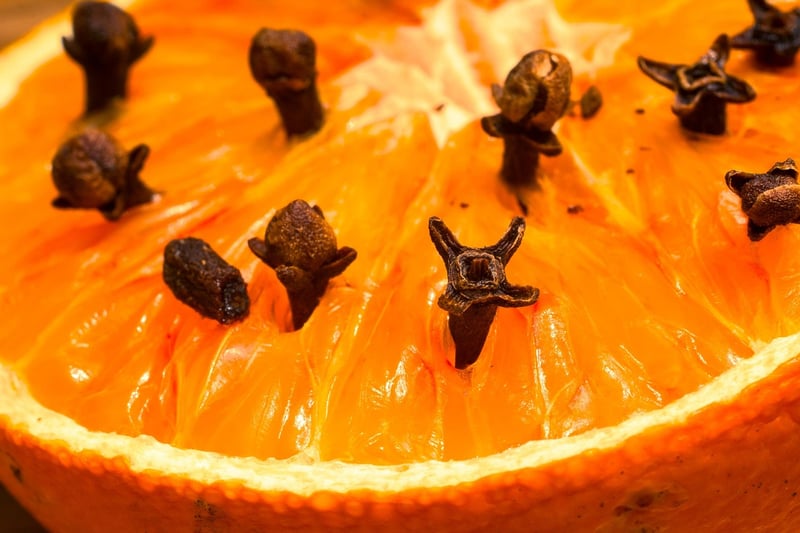Repellent Plants
Protecting Your Garden with Repellent Plants
Creating a beautiful garden requires time, effort, and dedication. However, one common challenge that many gardeners face is dealing with pests that can harm plants. While there are various methods to protect your garden, using repellent plants is a natural and effective way to keep unwanted visitors at bay. These plants contain natural compounds that repel pests, reducing the need for harmful chemicals. Let's explore some repellent plants that can help safeguard your garden.
1. Lavender
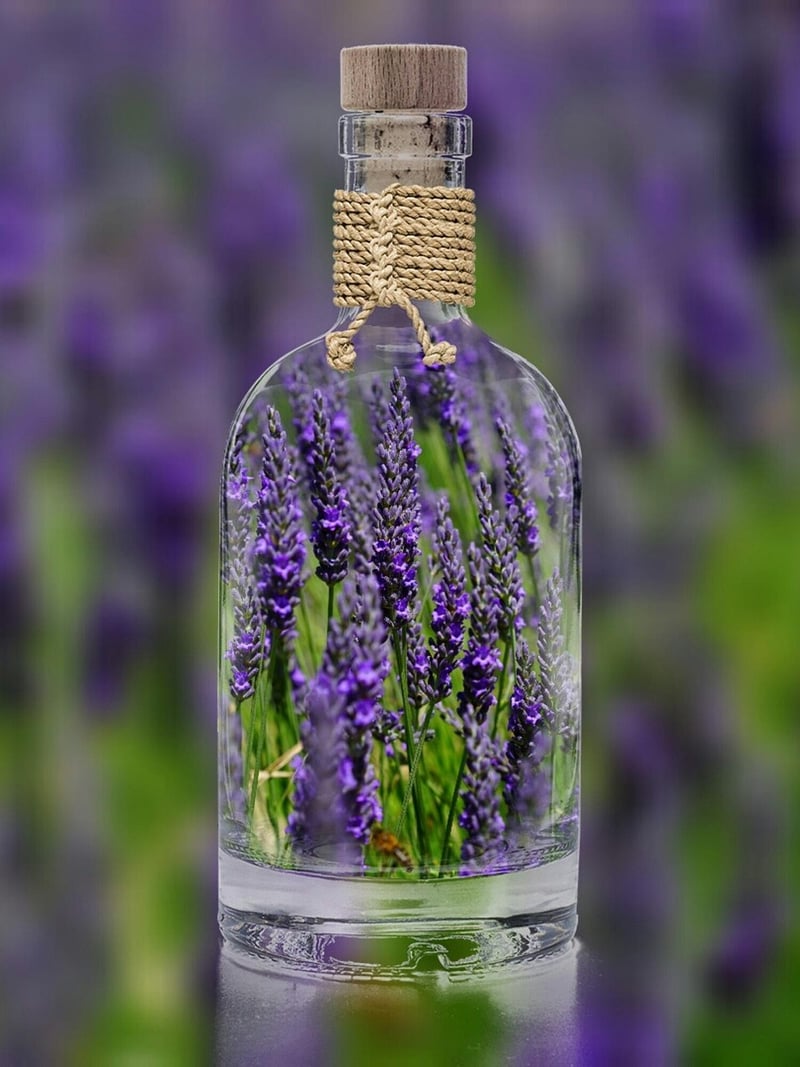
Lavender is not only known for its beautiful fragrance but also for its ability to repel mosquitoes, flies, and moths. Planting lavender around your garden or near entryways can help deter these pests while adding a lovely aroma to your outdoor space.
2. Marigolds
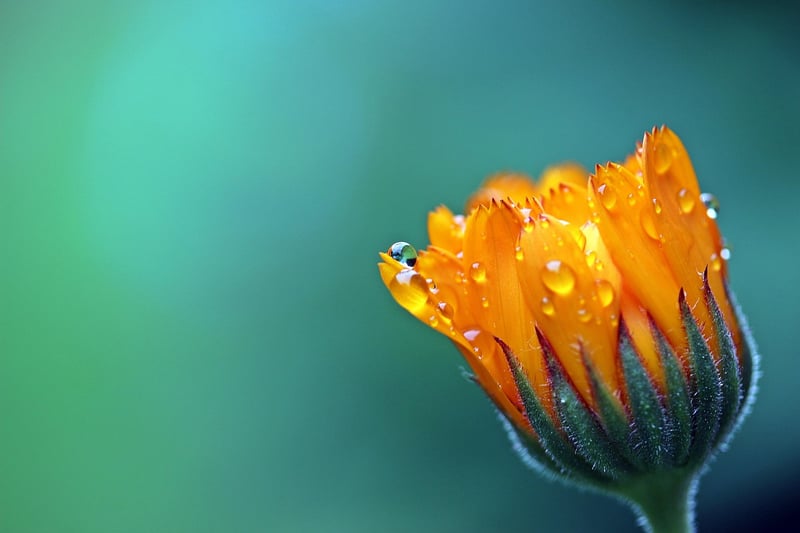
Marigolds are colorful flowers that serve as natural insect repellents. Their strong scent helps deter aphids, mosquitoes, and other common garden pests. Planting marigolds in between vegetable rows or around the perimeter of your garden can help protect your plants.
3. Rosemary
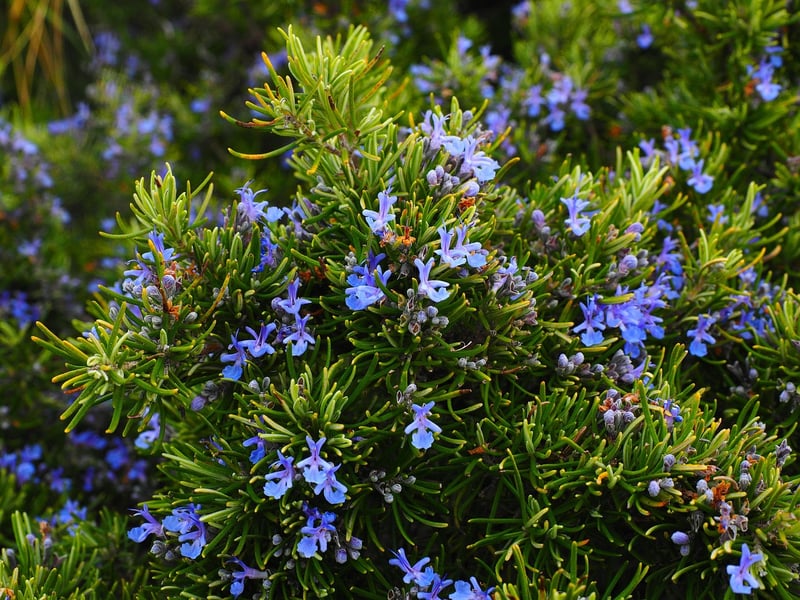
Rosemary is a versatile herb that not only enhances the flavor of your dishes but also repels pests like mosquitoes and carrot flies. Planting rosemary in pots or in the ground can help protect your garden from unwanted insects.
4. Chrysanthemums
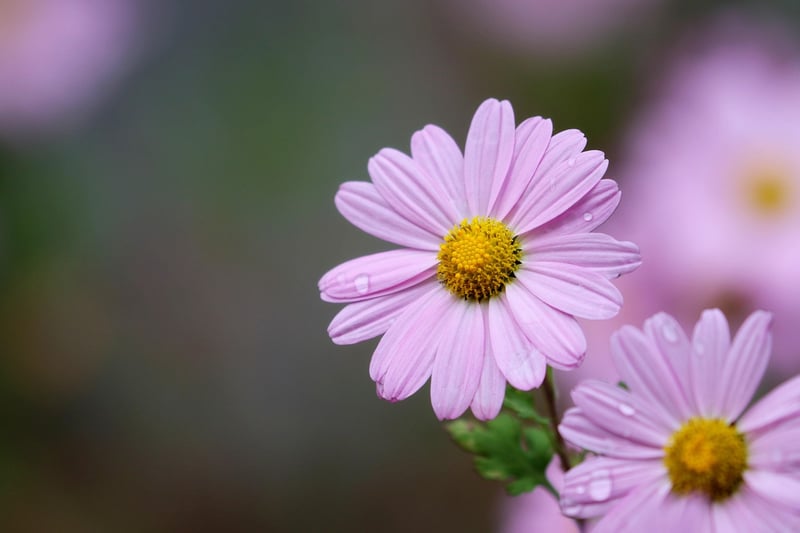
Chrysanthemums contain a natural insecticide called pyrethrin, making them effective at repelling various pests such as ants, roaches, and beetles. These colorful flowers not only add beauty to your garden but also help keep unwanted insects away.
5. Mint
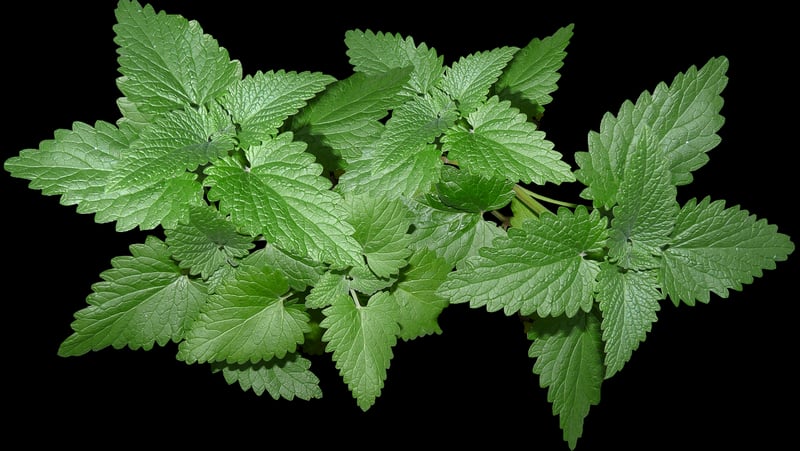
Mint is a fragrant herb that repels pests like ants, mosquitoes, and mice. Planting mint in containers or along garden borders can help create a natural barrier against unwanted visitors while providing you with fresh herbs for culinary use.
By incorporating these repellent plants into your garden, you can protect your plants from pests in a natural and eco-friendly way. Not only will your garden thrive, but you'll also enjoy a beautiful and pest-free outdoor space.
Remember to regularly water and care for your plants to ensure they remain healthy and strong enough to ward off pests effectively. Happy gardening!
